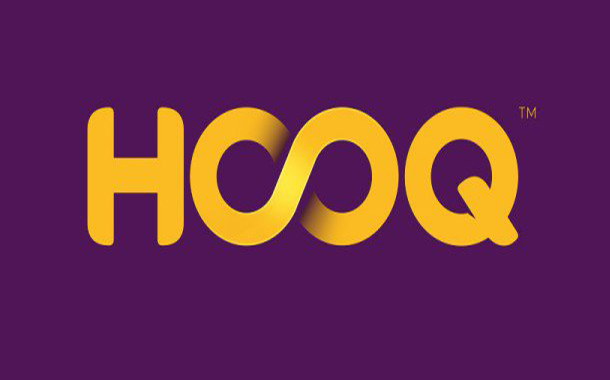Hooq, the video on-demand service backed by Singtel, Sony and Warner Brothers, is reviewing its corporate structure as the company contends with high senior management churn just two years after launching.
The firm, which was the first Asia-born OTT platform when it launched in the Philippines in January 2015, has seen its CFO, CTO and head of strategy leave over the last seven months.
Though the company has denied, industry speculates that CMO Ravi Vora, who joined just over a year ago, is also moving on shortly.
Though Hooq entered the market ahead of many others, the down fall is attributed to its failure in sourcing local content in various markets across Asia. In markets like India, the company virtually did nothing to improve its catalogue despite having somany language markets that are similar to a country within a country.
Apart from its failure to bolster a strong content acquisition strategy the company also lost its plot in the tsunami of OTT launches from many broadcasters in Indian subcontinent like hotstar, Voot, Sony Liv and entry of international players like Netflix, Amazon Prime Video, Eros Now etc…
A spokesperson put the comings and goings down to startup growing pains, and told that the head of strategy and insights role will not be replaced following a review of the company structure.
Scott Lee joined Hooq as chief strategy officer in August last year and moved on in September.
The search for a new CTO to replace Michael Smith Jnr, who left in April to join Jungle Ventures, is still ongoing.
Meanwhile Hooq is no longer taking applications for the role of country head for its long-awaited Singapore service. The company has also been on the look-out for a product manager and a digital marketing manager for the Singapore launch.
Hooq recently rolled out a new mobile app, rebooted its subscription offering as a freemium model, and announced it was to focus more on local content productions.
The service is now in the Philippines, Thailand, India and Indonesia, and competes with the likes of Iflix, Netflix, Catchplay and Viu – but mostly piracy.

















